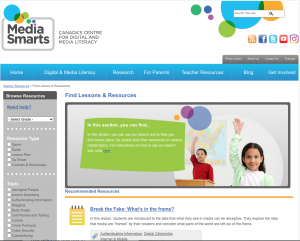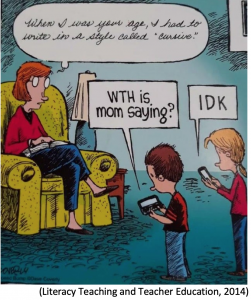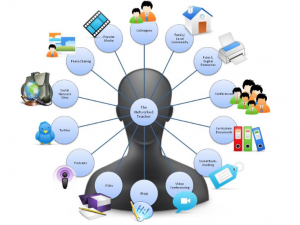Future Vision Project: Digital Toolbox to Support Digital Literacy
Goal:
For my final vision project, my goal is to create an area like a toolbox that would house booster activities, lessons, videos and various teaching materials to support building digital literacy within the library learning commons program. The target age group for these lessons and activities is grade 8.
Key Elements and Research:
As I designed my final vision, I began researching digital literacy in more detail and sourced an abundance of material to support topics within this vast subject area. I discovered early on in the process that I needed to focus my goals and evaluate – what would be the most valuable digital literacy skills for Grade 8 students to develop? I focused on three main sources for material:

(Media Smarts, n.d.)
Media Smarts: I found a number of useful lessons that include interactive games, activities, presentations and videos. As Media Smarts, “has been developing digital and media literacy programs and resources for Canadian homes, schools and communities since 1996.” and they “support adults with information and tools so they can help children and teens develop the critical thinking skills they need for interacting with the media they love” (Media Smarts, n.d.). A positive with Media Smarts resources are that they are Canadian focused and driven to support Canadian media literacy curricular goals. The down side, I found much of the content to be less current than some alternative resources. Formatting of lessons were in PDF and I found that it would be likely to require reformatting and updating through Google Classroom as they are selected for use.

 Follow
Follow

